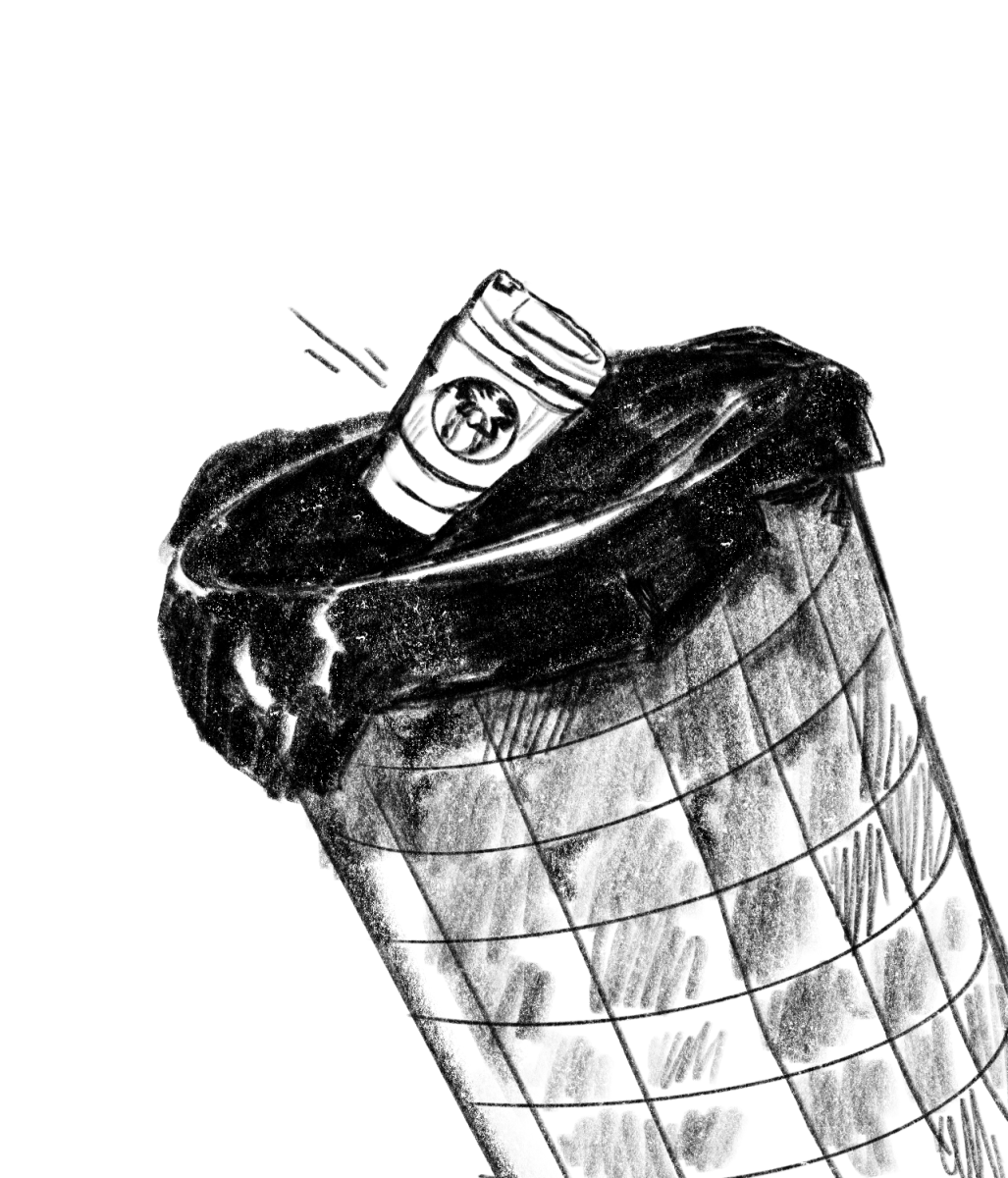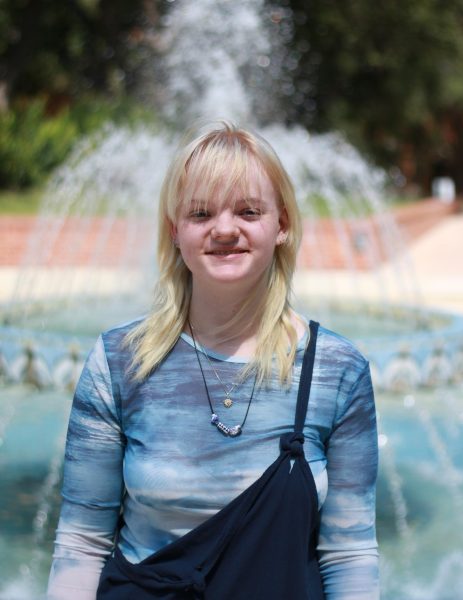Starbucks drinkers around the world wait on the edge of their seats each year for the holiday season to roll around. With new
drinks and special cups, the chain draws in plenty of attention and money. This most recent holiday season, however, the craze over Starbucks was mixed with demands to boycott the brand. Protesters say that the company is supporting the Israeli Defense Forces as they carry out their genocide in the Gaza Strip — the corporation sued the Starbucks Workers Union for posting a statement supporting Palestine and calling for the end to genocide.
Organizations supporting the end of the Gaza genocide and the beginning of a free Palestine have called for people to boycott other companies that have been funding or providing weapons to the Israeli army as well. McDonalds, Disney and a variety of food, makeup and technology companies are all targets of boycotts for their support of Israel and the maintenance of an apartheid state.
The boycotts, especially for popular companies such as Starbucks and McDonald’s, have generated some controversy. People question whether these companies are actually to blame or if Starbucks is doing anything wrong by not wanting their logo associated with political movements. Some follow the boycotts without understanding why they are doing so. There are questions about whether refusing to purchase from these companies actually does anything, or if these boycotts are further instances of performative activism that can alleviate Western guilt. Then there are, of course, those who deny or are not aware of the damage occurring in Gaza. Some simply do not want to break their carefully crafted routines and abstain from the products ingrained in their lives.
Historically, people have doubted the effectiveness of boycotts and strikes. This does not change the fact that they have long
been used as tools for enacting social change and, often, have worked. In 1959, the Anti- Apartheid Movement in South Africa called for a consumer boycott of all products from South Africa until the government made the racial segregation of the country illegal. It was part of a series of actions that eventually resulted in the end of apartheid in South Africa. The Montgomery Bus Boycotts, protesting segregated buses in Montgomery, Alabama, resulted in the desegregation of the Montgomery bus system in 1956.
Boycotts for Palestine have also already worked. G4S, a British security company, was put under fire for its role in supporting
the Israeli apartheid and aiding in the torture of Palestinian prisoners in Israeli prisons. After years of boycotts and a series
of divestments, the company withdrew its business from Israel in 2023. Ben & Jerry’s also received pushback for allowing their products to be sold on Palestinian territory illegally occupied by Israel, legitimizing the apartheid. The company finally, in 2021, agreed to stop selling its products on the stolen land. Most recently, Starbucks’ market value dropped by $11 billion during the strikes and the boycotts themselves brought more American attention to the genocide in Palestine.
While boycotts have worked and do work, it is important to remember that they are not the end-all-be-all of resistance
movements. It is not enough to avoid buying certain products to alleviate your guilt while staying silent about the issues themselves. South African apartheid or segregation was not solved by boycotts or strikes alone; it was a combination of financial abstinence, active protesting, educating and holding policymakers accountable that made the movements successful.
While security companies and Ben & Jerry’s may be easier to avoid than Starbucks, it doesn’t change the fact that people have a duty to try. Starbucks is ingrained in much of America’s daily routines, especially here at Trinity, where the store is the first thing you see when you walk into the library (and students have plenty of Bonus Bucks to spend). While Starbucks may not directly support Israel, their failure to support their workers or Palestine is telling about the company, and boycotting this brand, among others, is a way to show solidarity with Palestinians. Not to mention, Starbucks also produces mass amounts of waste in the form of paper and plastic that don’t biodegrade and are not usually recyclable and has been under fire for poor treatment of workers. When there are other, more ethical ways of getting coffee (such as local coffee shops or making it yourself), Starbucks just seems to fall short.
As the people of Palestine continue to face genocide, it is up to us — the privileged — to take all the steps we can to end their
subjugation. People in Gaza are losing their lives — we can lose the privilege of a daily seven-dollar coffee and a tacky holiday cup.






